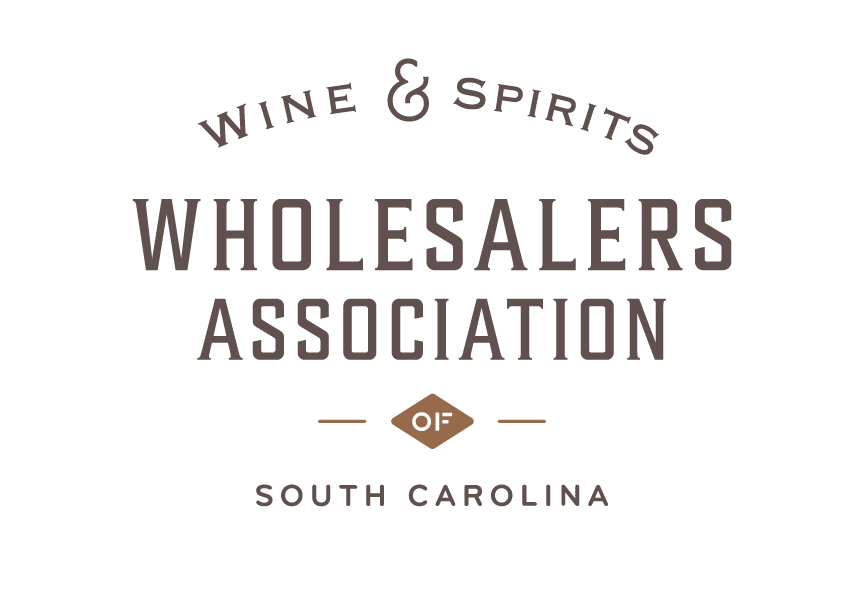WSWA CEO: Court Ruling Supports the Three-Tier System
An Interview with WSWA President and CEO Craig Wolf on the direct shipping issue.
As e-commerce continues to gain momentum in the beverage alcohol arena, the practice of interstate shipping of wine by retailers has become a highly contentious issue—especially after carriers like UPS and FedEx began refusing such shipments in most cases within the past year.While retailers are eager to expand the playing field beyond the 14 states that allow out-of-state shipments, distributors—represented by the Wine & Spirits Wholesalers of America (WSWA)—are concerned about effects on the three-tier system, and have lobbied aggressively to maintain the status quo. SND recently spoke with WSWA president and CEO Craig Wolf to get his views on the topic.
SND: Some say that restricting retailers’ interstate shipping of wine unfairly denies consumers access to products they desire. What’s the WSWA’s stance?
Wolf: In the wake of the Supreme Court’s Granholm decision, every winery in the country can ship wine without limits to 45 states. Wine sales overall are up as a result. But when it comes to the retail trade, the law doesn’t allow shipping to most states, and those states are now taking their responsibility to enforce those laws seriously. Granholm was very clear: it allows producers to ship but also says that the three-tier distribution system is legitimate. There have been attempts by retailers to challenge the decision in local courts, and we’ve stepped forward to offer our opinions. We think the matter has been settled.
SND: What’s wrong with retailers shipping across state lines?
Wolf: When retailers ship out-of-state, you can’t hold them accountable for paying taxes or checking for I.D.s. The laws now ensure that states can collect the taxes they are owed. In today’s world, with more wholesalers having national coverage, the wines that retailers ship are usually available in other jurisdictions already. The retailers engaging in interstate shipping therefore don’t bring additional value to the market.
SND: How is the UPS driver who receives valid age verification for a shipment from out-of-state different from a Drizly driver delivering wine from a local retailer?
Wolf: In the latter case, it’s the retailer itself showing up at the customer’s doorstep. And they are licensed by the state. So there is lots of protection there. In time, I think you’ll see the need for out-of-state delivery disappear on its own. Increasingly, Americans are on-demand consumers—they want their wine in an hour from the store, not in two days or four days from out-of-state. Long distance shipping is out of step with the times.
SND: Many retailers had been approaching shipping as a sort of gray market—not exactly legal in most places, but with oversight generally rare.
Wolf: This should never have become a gray market. The law either allows shipping or it doesn’t. You’re either licensed or not. Those retailers talking about a gray market are trying to justify illegal acts. If retailers want to make this legal they can go to state legislatures and make their case and get the laws changed. They haven’t been successful so far.
SND: How about wine auction houses? In most cases they’re reselling a product that has already had taxes paid and been through three-tier distribution. Shouldn’t they be able to ship?
Wolf: We have real concerns about the auction houses. There is the risk of selling to underage people, and there’s also the risk of counterfeit or adulterated products being sold. The licensed system that’s part of three-tier distribution is the best way to ensure the safety of consumers. This is alcohol, after all, a controlled product that needs to be regulated.
